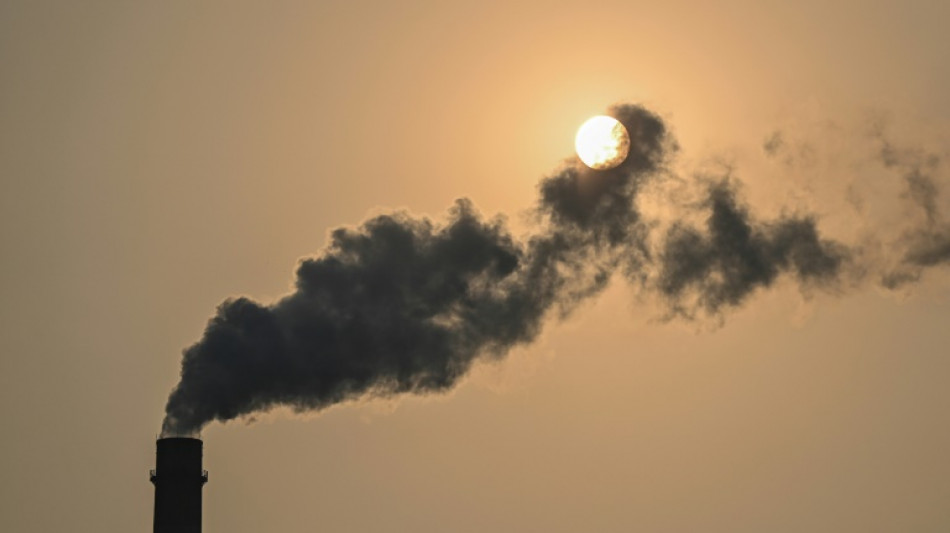
RBGPF
0.1000


Some 400 scientists and climate experts expressed support on Monday for a US government proposal to revise a key metric that estimates the damage from carbon dioxide emissions.
The number in question is the social cost of carbon and it represents the dollar value of the climate change harm attributable to a metric ton of carbon dioxide.
It is a way to evaluate the negative economic, labor and health consequences of CO2 emissions, calculated as the difference between the cost of reducing those emissions and the damages prevented by the reductions.
In the United States, the figure has for years formed part of cost-benefit analyses for everything from power plant regulations to efficiency standards for cars and household appliances.
It considers future illness and deaths from heat waves, small particle pollution, climate-enhanced natural disasters, property damage, reductions in agricultural production, disruption to energy systems, predicted violent conflicts and mass migration.
US President Joe Biden, shortly after taking office in January 2021, restored the social cost of carbon figure to Obama-era levels, after the Trump administration had slashed it to a nominal amount.
The US Environmental Protection Agency (EPA) proposed in a draft report in November to raise the estimate of the damage caused by a ton of CO2 from the current $51 to $190 and a public comment period on the proposed rule change closed on Monday.
Weighing in on the last day was the Union of Concerned Scientists (UCS) with a letter signed by around 400 experts including a number of noted climate scientists.
"The devastating and costly impacts of the climate crisis are evident all around us," they said. "The science is clear that these impacts will only worsen as global heat-trapping emissions rise.
"Our nation's policies must reflect these climate realities."
- 'Underestimate' -
The experts noted that the new EPA estimates are considerably higher than previous federal government figures, but "likely still underestimate the true costs of climate change."
The estimates do not include, for example, some costs that are harder to quantify such as a "range of ecosystem impacts and the loss of cultural heritage," they said.
They also do not take into account potential climate events such as the "loss of major ice sheets that could trigger multi-century catastrophic sea level rise."
Rachel Cleetus, policy director of the UCS Climate and Energy Program, said the new estimates may help "ensure government agencies are appropriately accounting for the damages caused by US global warming emissions, and the significant benefits from cutting them."
Now that the public comment period is closed, the EPA will launch an external peer review of the estimates before finalizing them.
X.So--ThChM